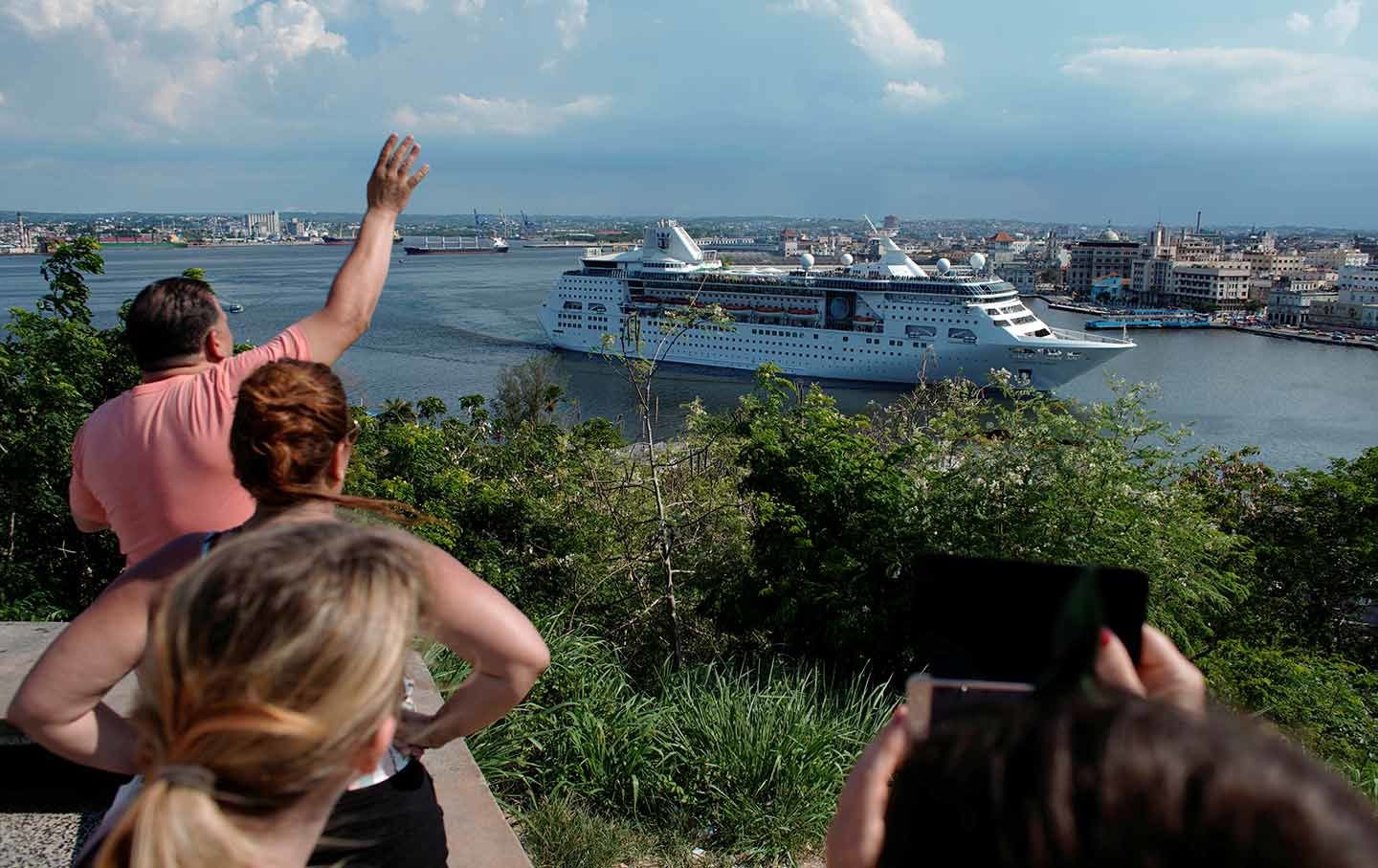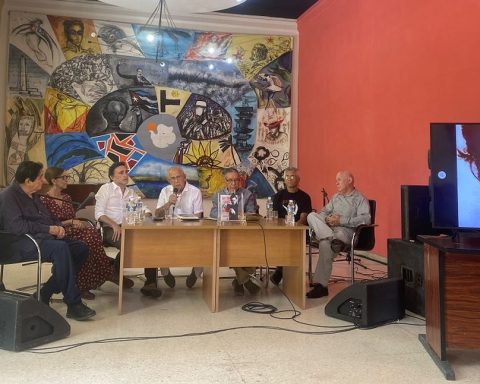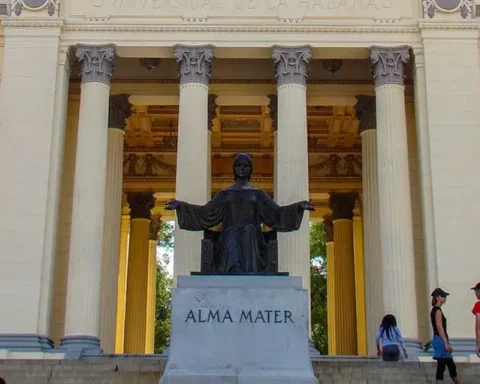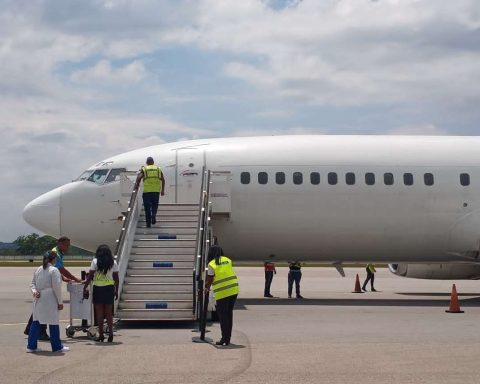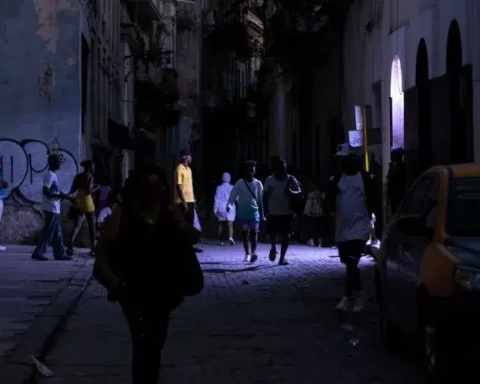A United States federal court ordered four companies cruise ships pay close to 440 million dollars as part of various lawsuits, in which they have been accused of using expropriated docks in Cuba for their businesses after the 1959 revolution.
Carnival’s parent companies, Miami-based Royal Caribbean and Norwegian, and MSC, were sued by US citizens who, under the so-called Title III of the Helms–Burton Actseek compensation for the usufruct of properties that belonged to their families on the Island, according to a report by the agency efe.
Norwegian Cruise Line Pays $110 Million in Cuba Court Casehttps://t.co/mMeHXylCEN
—Cruise Industry News (@CruiseIndustry) December 31, 2022
“An award of just over $100 million per defendant is certainly reasonable,” the judge noted in her ruling, dated December 30.
It added that “less compensation, as defendants suggest, would not effectively serve a deterrent purpose, as less compensation could possibly be seen simply as a cost of doing business,” it added.
Title III had remained without effect since the promulgation of the Helms-Burton or “Freedom” law in 1996. Its application was activated in May 2019 by then-President Donald Trump, as part of the iron-fist policy adopted by his administration. that reinforced the sanctions against the Cuban government.
The norm empowers US citizens to sue in US courts any national or foreign company that benefits from properties in Cuba belonging to them or their families, confiscated after 1959.
In the case of cruise ships, which are expected to appeal the ruling, it refers to the docks in the Havana port that belonged to the firm Havana Docks Corporation.
The case may set a precedent for lawsuits related to travel providers such as cruise ships and airlines, which used authorizations issued by the Barack Obama administration to boost their business in Cuba.
According to efeat least 72 Cuban-Americans have filed lawsuits in US courts seeking compensation for the use of expropriated property in Cuba.
These are mainly hotels, mostly European chains, especially Spanish ones, or airlines that use the José Martí International Airport, which operate or have operated in properties nationalized by the Cuban government more than six decades ago.
After the sentence was known, Jody Venturoni, spokesperson for Carnival, stated that “Carnival Corporation participated in legal trips explicitly authorized, authorized and encouraged by the United States government,” according to a note posted by The New Herald.
“We strongly disagree with both the ruling and the sentence, and we plan to appeal these decisions,” he added.
The parties have been engaged in fierce litigation for more than two years over the question of whether or not the cruise lines “trafficked” in confiscated goods when docking at the port of Havana.
In July 2020, federal judge in Miami James Lawrence King had dismissed a lawsuit filed against Carnival Corp. for using property belonging to his family, but confiscated by the Cuban government.
However, the legal battle over this issue had taken a different turn in March of this year, when a federal judge he pointed that the cruise companies Carnival, Royal Caribbean, Norwegian Cruise Line and MSC Cruises incurred in “usufruct” when using the port of Havana.
EFE/OnCuba.
